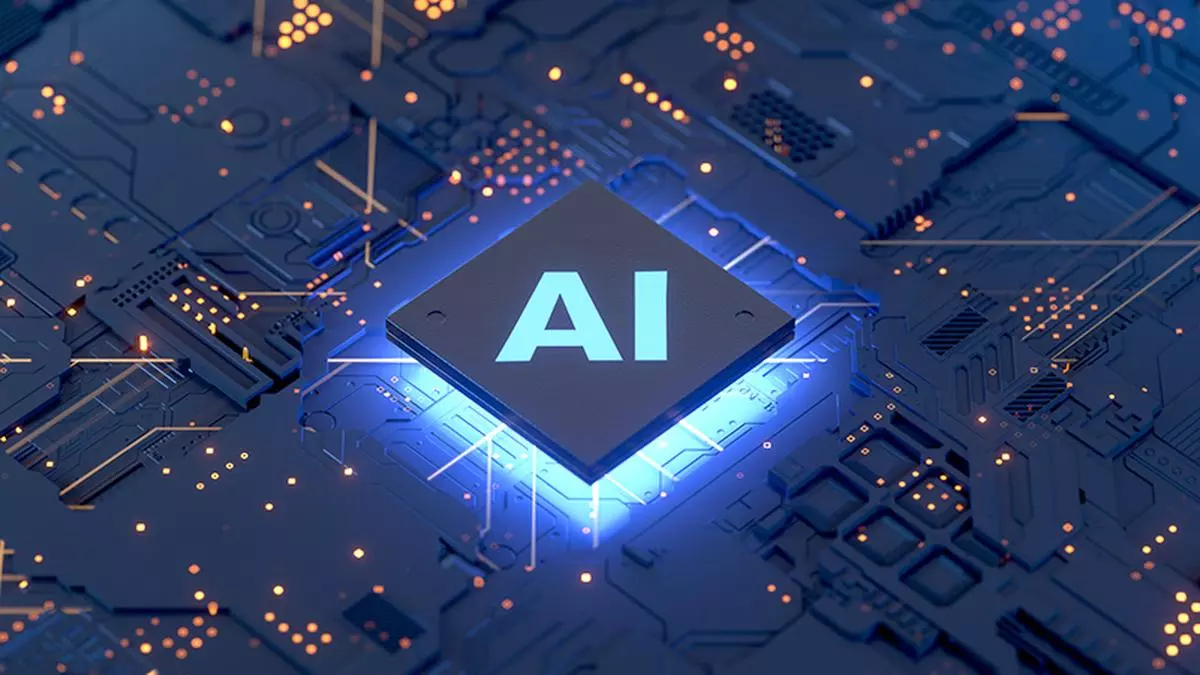AI risks to financial stability are already a central bank worry
Dangers to financial stability posed by the development of artificial intelligence tools are already starting to become a worry, two central bank chiefs told a conference on Tuesday.
Asked if there’s “something bad that could happen that you are preparing for” related to the technology, the policymakers from two Asian banking hubs each highlighted possible risks that they’ve identified.
“It’s likely that there will be dominant AI firms, dominant cloud computing firms, that financial institutions are increasingly becoming reliant upon,” said Eddie Yue, Chief Executive Officer of the Hong Kong Monetary Authority. “If they have a failure, then there could be systemic risks — at least systemic operational risks.”
He and his co-participant both identified misuse of the technology as a possible threat. They spoke at the Innovation Summit of the Basel-based Bank for International Settlements.
“For me, the main risk is AI in the wrong hands and apart from scams and fraud, I would add cyber attacks as a key area of concern,” said Monetary Authority of Singapore Managing Director Chia Der Jiun. “AI has the potential to turbo-charge these capabilities for cyberattacks” and “to democratise access to malware.”
While the global economy is expected to get a boost from spreading AI, the technology has so far mainly attracted skeptical looks from central bankers and financial regulators.
US and UK officials have flagged, among other concerns, that so-called ‘black box’ algorithms whose outputs can’t be easily predicted could discriminate against certain borrowers if used in bank lending.
Computer-made credit decisions can also exhaust the bandwidth of human administrators at banks, resulting in a trove of risky loans and a potential crisis, the Reserve Bank of India has warned. In addition, criminals can use the new technology against monetary institutions, like when a deepfake video showed Romania’s central-bank governor touting fraudulent investments.
Chia and Yue each had plenty else to say on the dangers too, not least in fragile situations for financial stability.
“When malicious actors are using GenAI for either fraud scams or false content, false rumours, especially when there’s market stress, when people’s confidence is low, all these false rumours in the social media that look real might aggravate a bad situation into a very systemic one,” Yue said.
But, both governors also highlighted productive uses of AI. For example, it is helpful for catching sentiments prevailing in social media, according to Chia.
The MAS chief added that computer models offer “a very, very important” input for the work of rate setters.
That view chimes with the stance of Bundesbank President Joachim Nagel, who recently suggested a future use in better predicting inflation. This way, the technology could find “its way into the heart of monetary policy,” he said in a video last month.
Both central bankers at the BIS acknowledged that AI is an “opportunity,” though with qualifications.
“We’re not talking about a doomsday scenario where AI screws the world and destroys Earth or something like that,” said Yue. “But, there are risks that we are already starting to see.”
More stories like this are available on bloomberg.com
